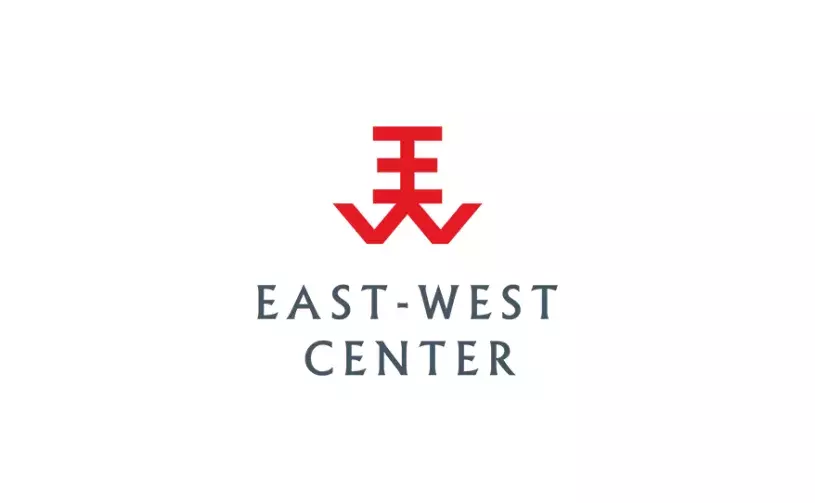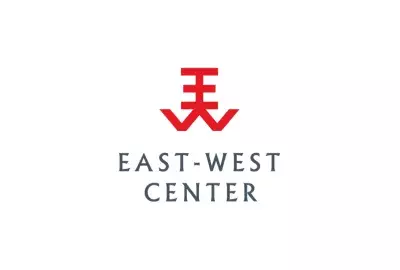Error message

South Korea is arguably the premier development success story of the last half century. For 47 years starting in 1963, the economy averaged 7 percent real growth annually, and experienced only two years of economic contraction: 1980 after the second oil shock and the assassination of President Park Chung-hee, and 1998 at the nadir of the Asian financial crisis. At the start of that period South Korea had a per capita income lower than that of Mozambique or Bolivia; today it is richer than Spain or New Zealand, and was the first Asian and first non-G7 country to host a summit of the G20, the unofficial steering committee of the world economy.
The South Korean case is of interest for a variety of reasons. Rapid growth coincided with extensive state interventions in the economy, and considerable controversy exists as to how much this performance should be credited to the country’s state-led development strategy and to what extent the lessons from that experience might be portable or applied elsewhere. The salience of this issue has grown as South Korea has become a more important provider of development assistance and advice. Now the country faces challenges in maintaining its superior economic performance in the face of an aging population domestically and a taxing external environment. Finally, the country confronts scenarios involving potential instability, collapse, and/or absorption of its neighbor, North Korea.
South Korea is arguably the premier development success story of the last half century. For 47 years starting in 1963, the economy averaged 7 percent real growth annually, and experienced only two years of economic contraction: 1980 after the second oil shock and the assassination of President Park Chung-hee, and 1998 at the nadir of the Asian financial crisis. At the start of that period South Korea had a per capita income lower than that of Mozambique or Bolivia; today it is richer than Spain or New Zealand, and was the first Asian and first non-G7 country to host a summit of the G20, the unofficial steering committee of the world economy.
The South Korean case is of interest for a variety of reasons. Rapid growth coincided with extensive state interventions in the economy, and considerable controversy exists as to how much this performance should be credited to the country’s state-led development strategy and to what extent the lessons from that experience might be portable or applied elsewhere. The salience of this issue has grown as South Korea has become a more important provider of development assistance and advice. Now the country faces challenges in maintaining its superior economic performance in the face of an aging population domestically and a taxing external environment. Finally, the country confronts scenarios involving potential instability, collapse, and/or absorption of its neighbor, North Korea.





